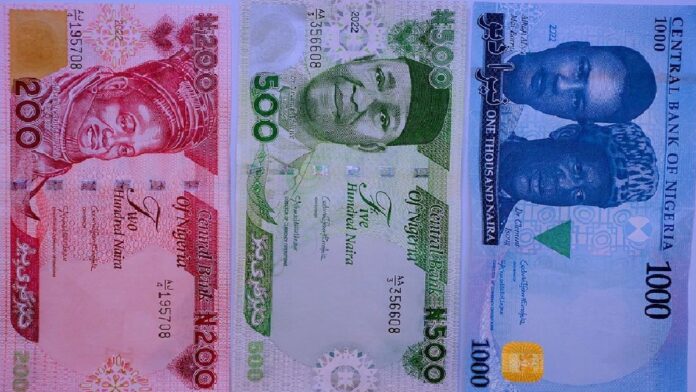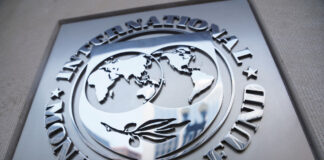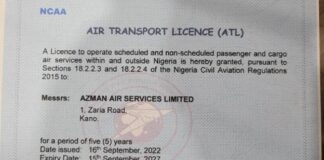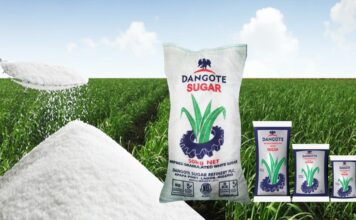Naira Rides Soft as Nigeria Records Huge FX Outflow
Nigeria, Africa’s largest economy by gross domestic product (GDP) size, has remained on the spending side. This time, the government and its agencies are positioned well in spending either local or foreign currencies to a level above earnings generation.
To support budget deficit, Nigeria ramped up borrowings in the local debt capital market.
However, pressure from the external market has forced the nation to accession Eurobonds in 2023 – the last visit to the international debt capital market was 12-month ago.
Yet, there is a need to spend foreign currencies to meet foreign obligations and US dollar inflow has been limited over confusing exchange rate policy.
Last week, the Nigerian local currency, the naira, lost ground against the United States dollar in the foreign exchange markets after external reserves was reduced by a large FX outflow in barely 24 hours.
There are no immediate or short-term catalysts that will drive FX inflow into Nigeria or push naira price actions positively, MarketForces Africa gathered from FX analysts.
Still, market sentiment still feels slightly negative on the Nigerian naira, where it falls far more easily than it rises.
The Central Bank of Nigeria (CBN) has tried without success to fight against currency depreciation. However, exchange rates continued to worsen – due to gap between demand and supply.
Though a clear problem, generating more foreign currencies to assuage demand pressures has been a tough task – unachievable over the year.
And, with no specific currency programme or potential forex inflows, the CBN has continued to chase the air. For most analysts, the apex bank is merely postponing the inevitable – expected depreciation of the Nigerian naira.
Also, at the investors’ and exporters’ FX window, the Naira depreciated slightly by N0.05 or 0.01% week on week to close at N461.38 from N461.33 over growing FX demand pressures.
Meanwhile, Nigeria’s external reserves declined after a huge amount of US dollars left the Central Bank of Nigeria (CBN).
Meanwhile, there were similar inflows in the like sum, barely two days, the nation’s foreign reserves were debited for possible import bills payment, FX backlog settlement and perhaps weekly FX sales to local banks to support the naira.
After banks announced a decision that FX allowance to personal and business travellers have been cut by half, the naira hasn’t changed much in the open market.
On Friday, the local currency depreciated by N0.02 or 0.3% in the parallel market, closing the week at N748 from N746 in the previous week in the face of a currency crunch.
A look at activities at the Interbank Foreign Exchange Forward Contracts market, the spot exchange rate remained unchanged closing at N462. The outlook for the naira is bleak given that oil production is still behind OPEC’s daily quota.
Oil price movement saw a rebound of the commodity to trade at $79.28 per barrel on OPEC not increasing production in the midst of confidence returning to the global banks and higher demand as China’s economic recovery expands.
On the other hand, Bonny Light crude price react positively to factors playing in the oil market as it plummeted by 7.6% or (USD5.61) week on week, to close at USD79.57 per barrel from USD73.96 barrel last week.
Analysts said they expect the naira to trade in a relatively calm band across various market segments barring any market distortion as the CBN continues its weekly FX market intervention to defend the value of the naira.
The Naira appreciated against the dollar on Friday, exchanging for N461.38 at the investors’ and exporters’ window. The rate represented an increase of 0.03 per cent when compared to the N461.50 it exchanged to the dollar on Thursday.
The open indicative rate closed at N461.30 to the dollar on Friday. A spot exchange rate of N466 was used for trading within the day before it settled at N461.38.
The spot exchange rate is determined instantly. The Naira sold for as low as N459.50 to the dollar within the day’s trading. Nigerian naira gains remain hard to come by across markets due to FX illiquidity. Naira Gains amidst Loud Calls for Devaluation




























































































